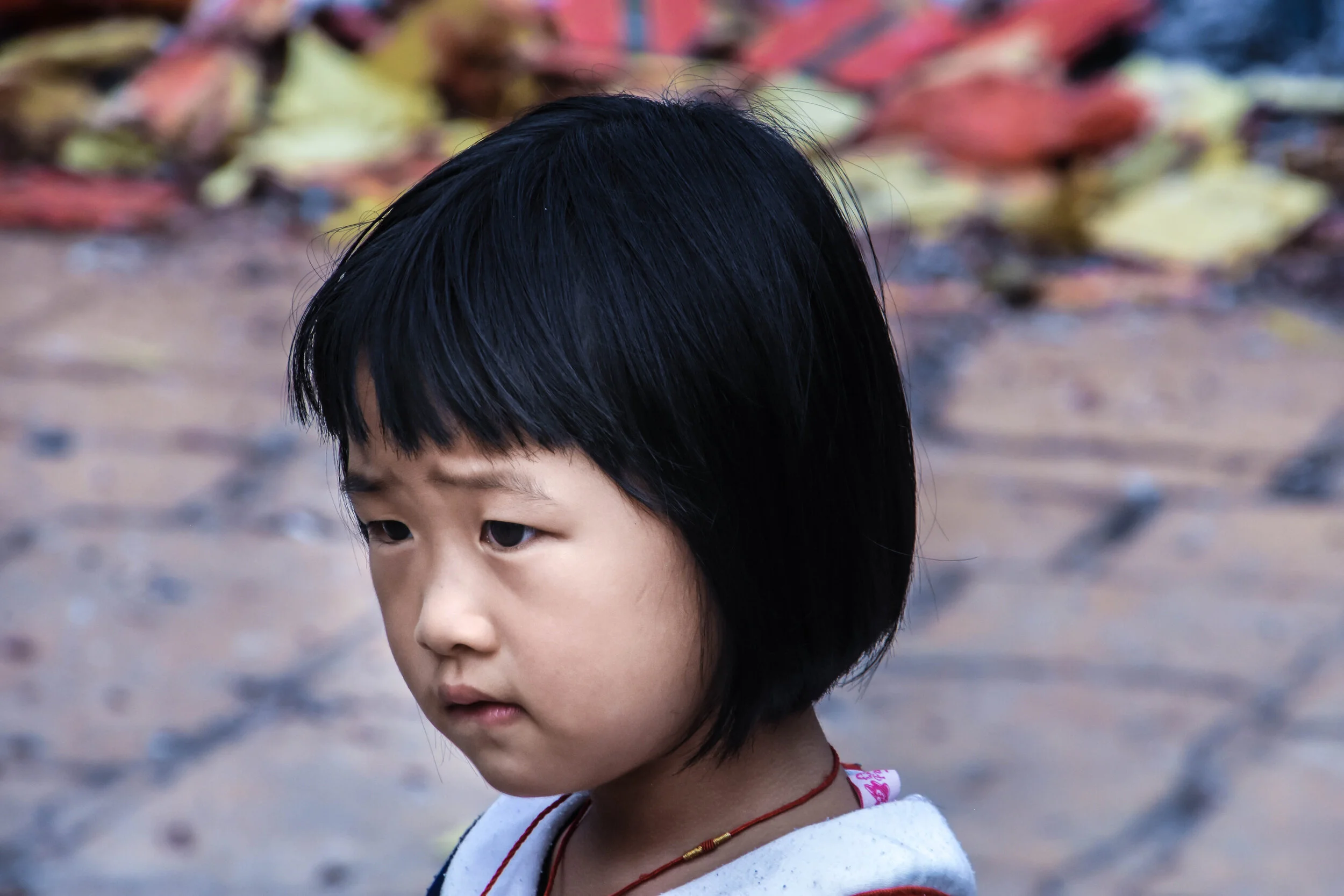What is trauma?
Trauma is a term that is often misunderstood. A trauma is a distressing, stressful or frightening event that someone has struggled to move on from. It can be something big like a war, or something smaller like feeling humiliated. It can be something that is a repeated experience or a one off event.
Trauma overwhelms an individual’s ability to cope. It causes feelings of helplessness and reduces their sense of self. People experiencing trauma will have a reduced ability to feel a full range of emotions and take part in experiences.
For me, the important thing to remember is an event can be traumatic for one person and not another. It depends on what led up to the event and the reserves the person is drawing on. Traumas that happen in the first three years of life are likely to have a greater effect than a trauma experienced by an otherwise happy, healthy adult.
Adverse Childhood Experiences (ACEs) are used to describe stressful or difficult experiences in childhood, including sexual, physical or emotional abuse or neglect. Research shows links between these types of experiences and both physical and mental health problems.
Unprocessed trauma can affect a person for years, from childhood into adulthood. Trauma symptoms can affect people emotionally, psychologically or physically. Someone who has experienced trauma may feel anxious, confused, angry, numb, hopeless, achy, tired, or have difficulty concentrating. The stress signals associated with trauma can continue long after the trauma has passed, and affect the way someone thinks and behaves. There is no checklist defining exactly what someone might feel and no specific order they will feel the symptoms in. Trauma symptoms can affect someone for a few days, months or years. The symptoms lessen as the trauma is processed.
Everybody has experienced trauma in some form, what matters is how they move past it or process it. Some trumas can be easily moved past, some need the help of a loved one and some need the help of a professional.
If you think you have experienced trauma and need help from a professional, seek advice from your GP. If you know a child who needs support processing a trauma, get in touch and I will be happy to support you in deciding your next steps. Navigating all the routes to support can be a challenging task.


